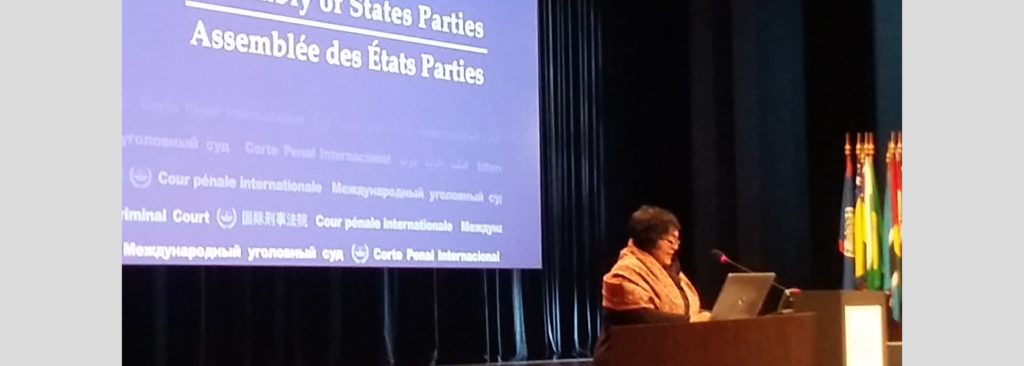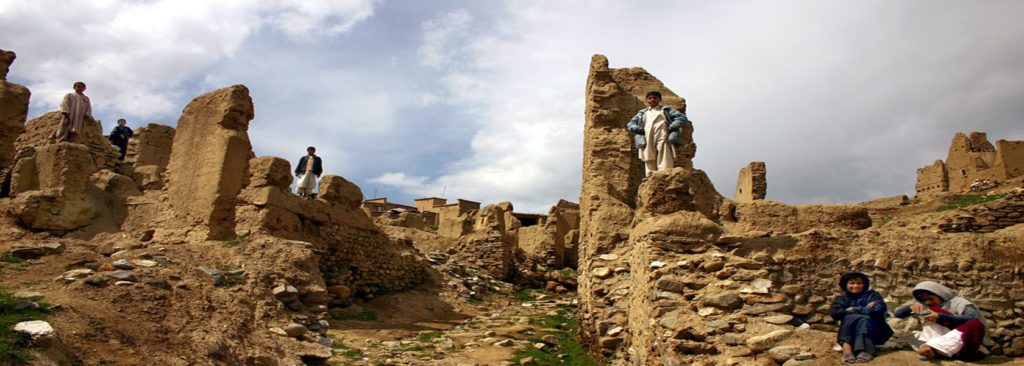
Armanshahr / OPEN ASIA Executive Director
Your excellencies, distinguished delegates, dear colleagues,
It is my great pleasure to address the 17th session of the Assembly of States Parties to the Statute of the International Criminal Court (ICC) in the name of the International Federation for Human Rights – FIDH – and its 184 member organisations around the world, including my organisation working in Afghanistan.
This session of the Assembly of States Parties concludes a year of reflections on the work of the Court and the challenges – old and new – twenty years after Rome. This Assembly also takes place in the context of recent serious attacks against the ICC and international justice mechanisms, most notably by the US administration.
We urge you as an Assembly to fiercely and collectively commit to, and support the ICC against the severe threats it faces. We urge you to defend those of us – and we are numerous – working in support of accountability for international crimes, and in support of the International Criminal Court. States Parties have to systematically cooperate with the Court, promote cooperation with the Court, and firmly address instances of non-cooperation.
Your excellencies, distinguished delegates,
Your support to a strong and independent ICC will enable the Court to become the universal Court it is intended to be, and to effectively prosecute those bearing the highest responsibility for the crimes under its jurisdiction, including sexual and gender-based crimes that are still too often under-reported and unaccounted for.
Support also means providing the Court with the resources it needs, with the means necessary to scale up all of its investigations and prosecutions including in Burundi and Georgia, and also for additional investigations into grave crimes around the world including those committed in the situations of Afghanistan and Palestine.
We would like to emphasise that the activities of the Court are not limited to courtroom activities in The Hague. The Court’s activities involve thorough and in-depth investigations in complex situations, they involve actively engaging with victims and making the Court known to affected communities. It is for that reason essential to dedicate resources to carry out outreach activities at an early stage, to enable an understanding of the Court’s mandate and a meaningful victim’s participation and legal representation. We also encourage States Parties to contribute to the Trust Fund for Victims which is in the process of implementing reparation orders in three cases and is implementing or designing assistance programs in numerous situations. We applaud the generous contributions made by various States to the Trust Fund for Victims just in the past two days.
Your excellencies,
If resources are not made available to the Court, we tie the Court’s hands, and limit the effective access of tens of thousands of victims to this universal Court of last resort.
Thank you for your attention.
Guissou Jahangiri
READ:
States Parties should fiercely and collectively commit to and support the ICC against threats to international justice.


